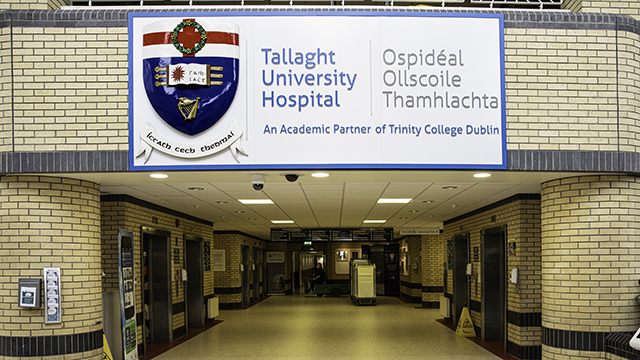Almost 9,000 cancellations at Tallaght Hospital in 2023, figures reveal
Mike Finnerty 18 Apr 2024
Sinn Féin TD for Dublin Mid-West, Mark Ward has revealed that hospital cancellations in Tallaght University Hospital reached 8,673 in 2023.
Ward said that the Government’s lack of a plan for overcrowding was impacting directly on waiting lists through cancellations.
He said that the Government was shifting the problem from emergency departments to waiting lists, leaving patients waiting longer for access to care.
He asserted that since Fine Gael took office in 2011, local health services have been “decimated” and local hospitals are in “crisis.”
The figure of 8,673 marks a 20% increase of figures from 2022.
“The Government does not have a plan for hospital overcrowding, and this is forcing hospitals to rely on cancellations. This is shifting the problem from overcrowded emergency departments onto lengthy waiting lists. It is not a sustainable solution,” he said.
He stated “Simon Harris will not fix in 10 months the disaster which Fine Gael have created over 13 years” and called for a Minister for Health who, in his view, “will stand up for people and deliver the change that the health service needs.”
“Sinn Féin has a plan for the health service to improve access, tackle hospital overcrowding, and reduce lengthy waiting lists. We would deliver 3,000 hospital and community beds to tackle overcrowding and inefficiency; end the recruitment embargo and train more health care professionals to safely staff the health service; and invest in better local health services including GP care and a pharmacy first model.
“Sinn Féin would fast-track elective centres so that we can separate unscheduled, emergency care from scheduled surgeries and procedures. This will increase surgical theatre capacity, help to reduce the number of cancellations, and free up capacity in hospitals for emergency care.
“We would also invest in home support, community step-down beds, and diagnostic capacity so that patients can be discharged home or to a supported care setting when they are ready, and to ensure that patients’ experiences are not delayed by lengthy waiting lists for scans.











